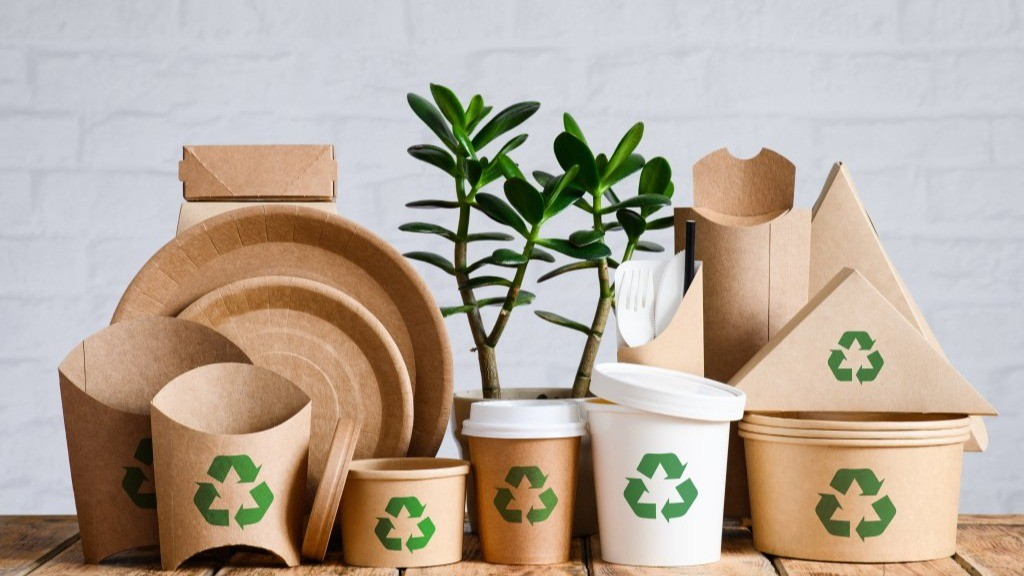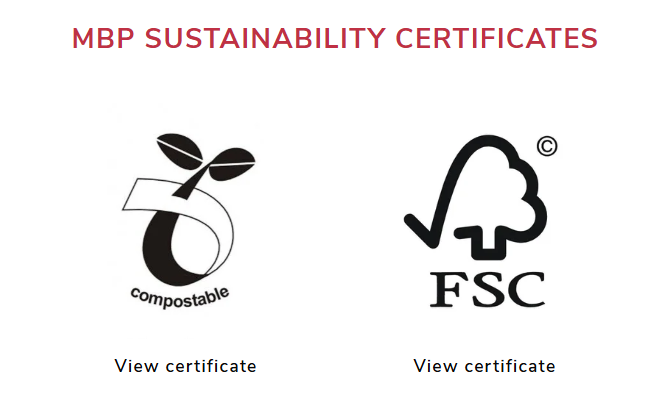Recyclable Packaging Guide: Materials, Benefits & Sustainable Solutions for Brands
In today's market, packaging no longer exists only to carry goods from one place to another. It is now a statement of values and proof of responsibility. Brands are under pressure to find packaging that is both practical and environmentally sound. That's why choosing recyclable packaging is one of the most powerful statements you can make for your customers.
As a partner for growing brands around the world, MTPAK helps make sustainable packaging simple and effective. This guide will explain the meaning of recyclable packaging, the materials of recyclable packaging, and why to choose recyclable packaging. It will help you make a choice that is good for your business and for the planet.
What is Recyclable Packaging?
Recyclable packaging is any packaging that can be collected, processed, and made into new products after it is used. Think of it as giving the material a second life instead of sending it to a landfill.
For a package to be truly recyclable, it must meet two important conditions. First, the material it is made from must be something that recycling facilities can handle, like certain plastics or paper. Second, the package's design must not create problems for the recycling process. This means that other parts, like labels, inks, or valves, should not contaminate the material.
What Materials Can Be Used For Recyclable Packaging?
Choosing the right material can feel tricky. But it gets easier when you understand the main options. Each one is a tool, and you just need to pick the right tool for the job.
Here are the most common materials used for recyclable packaging:
Traditional Plastics (LDPE and PET)
LDPE is a soft, flexible plastic, while PET is a harder, often clear plastic like a water bottle. These materials have a big advantage: the recycling systems for them are very common and work well. For products like coffee that need to stay fresh, a bag made from a single type of plastic (like pure LDPE) is a great choice. It protects the product and can be recycled easily.
Paper-Based Options (Kraft Paper and Rice Paper)
Kraft paper gives a natural, earthy feel that many brands love. Rice paper is another natural option. Paper is widely recycled and biodegradable. But you must be careful. Some paper bags have a hidden plastic layer inside to keep moisture out. This mixed material can make the bag impossible to recycle. The best choice is a pure paper bag or one with a special coating that does not stop it from being recycled.
Modern Bio-Plastics (PLA)
PLA is a unique material made from plant sources like cornstarch. Its main feature is that it is commercially compostable, meaning it can break down into natural elements in a special facility. So why is it sometimes listed as recyclable? While PLA can be recycled, it requires its own separate recycling system. In most places, this system does not exist. If PLA gets mixed in with regular PET plastic, it can ruin the whole batch. So, it is very important to label PLA packaging clearly as "compostable" to avoid causing problems.
How can you be sure you are making the right choice? This is where certifications help. We at MTPAK are proud that our materials are backed by MBP SUSTAINABILITY CERTIFICATES, as you can see from our page: https://mtpak.com/mtpak-ecofriendly-packaging. This gives you and your customers confidence that your packaging meets true sustainability standards.
Why Recyclable Packaging is a Must-Have?
Making your packaging recyclable is no longer just a nice bonus. It is a smart business decision.
Win the Hearts of Your Customers
Today's shoppers, especially younger ones, want to support brands that care about the environment. When they see that your packaging is recyclable, it builds trust and loyalty. It shows that you share their values. This simple choice can be a powerful reason for a customer to choose your product over a competitor's.
Meet Regulations and Prepare for the Future
All around the world, governments are creating new rules about packaging waste. Choosing recyclable packaging now helps you meet these rules and avoid future problems. It is a safe choice that keeps your products welcome in more markets. It shows your company is thinking ahead.
Build Your Brand's Story
In the world of specialty coffee, every detail matters. The story of your beans is important, and the story of your bag should be too. A beautiful, high-quality bag that is also 100% recyclable sends a strong message. It says your brand cares about quality from the bean to the bag.
Conclusion
Choosing the right recyclable packaging is a big decision that affects your brand, your customers, and your future. The key is to understand the different materials and match them with your product's needs and your brand's story.
A real change from an idea to a finished product needs a professional partner. The expert team at MTPAK is ready to help you.
Contact us today for a free packaging review for your product, to get a sample pack of our recyclable materials, or to download our latest white paper on sustainable packaging for coffee and food brands. Let's work together to create a packaging solution for your brand that is both beautiful and responsible.
• Email: account@mtpak.com
• Website: Contact us at https://mtpak.com/contact-mtpak
Frequently Asked Questions (FAQ)
What is mono-material packaging?
Mono-material packaging is a package constructed entirely from one single type of material. Because there are no mixed layers of different materials to separate, recycling facilities can process it very efficiently, which results in a higher quality of recycled material and a more successful recycling loop.
Is paper packaging always more eco-friendly than plastic?
Not always. The best option depends on the product. Paper is often recycled and comes from renewable trees. However, plastic is often much lighter, which reduces pollution from shipping. The most eco-friendly package is one that protects the product well and is easy to recycle.
What about add-ons like zippers and valves? Are they recyclable?
Historically, recycling has been difficult for parts like these add-ons. The zippers and degassing valves on MTPAK's entirely recyclable solutions are composed of PE (polyethylene), the same material as the pouch. This implies that the customer does not need to remove any components from the package to recycle it as a whole.




